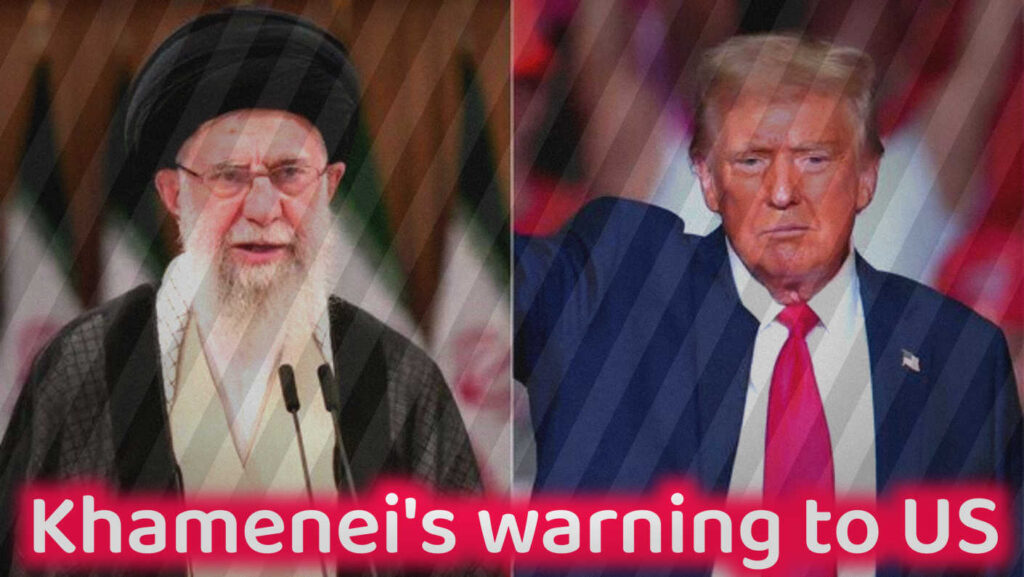The tension in the Middle East has reached a fever pitch, with recent statements from Tehran sending shockwaves across global diplomatic circles. Iran’s top leadership has issued stark warnings that suggest a potential flashpoint that could alter the region’s future forever.
In a tone heavy with defiance, Iran’s Supreme Leader sent a direct message to the White House, cautioning that any form of military provocation would not go unanswered. The warning wasn’t shrouded in diplomacy—it was blunt, direct, and chilling. If Washington chooses to engage militarily, Iran vowed to respond in ways that would bring about consequences “serious and irreparable.”
The gravity of the situation has not been lost on observers worldwide. What makes this particularly alarming is the mention of Israel. In his address, Iran’s Supreme Leader declared that Israel would “be punished for its mistake,” pointing directly to recent airstrikes on Iranian-linked facilities, which have only intensified the already smoldering friction between the two nations. The tone wasn’t one of future negotiation—it was one of planned retribution.
Meanwhile, back in Washington, there’s growing talk of an aggressive pivot in U.S. policy. Reports suggest that President Trump is contemplating direct action aimed at Iran’s nuclear infrastructure, something that would no doubt be seen as an act of war by Tehran. While no official orders have been made public, the very discussion of such a strategy has caused unease among allies and adversaries alike.
This moment feels eerily familiar. Older generations recall the slow build-up to war in the early 2000s—strong words, shadow games, and strategic posturing. Now, the world watches again as military analysts, diplomats, and ordinary citizens hold their breath.
In Iran, the leadership has made its stance clear—they will not surrender, not negotiate out of fear, and not accept foreign control over what they see as sovereign rights. The nation is rallying around that resolve. Streets in Tehran have already seen large gatherings where chants against foreign intervention ring out. Flags are raised. Tensions rise.
On the other side, Israel remains alert and defiant, prepared for what its defense establishment fears may be a multi-front threat. Its military is already on high alert, and emergency protocols have been activated. In Washington, intelligence agencies and security analysts are scrambling to prepare for what could be an unpredictable and chaotic scenario should even one misstep trigger a wider conflict.
The world today stands at a crossroads. The decisions made in the coming days could affect millions of lives and redraw the map of power in the Middle East. Diplomats urge caution. Civilians pray for peace. But from the tone of recent messages, especially from Tehran, it is evident that patience is wearing thin.
As leaders trade threats and decisions loom behind closed doors, the global community can only hope that cooler heads will prevail—before rhetoric turns into tragedy.

